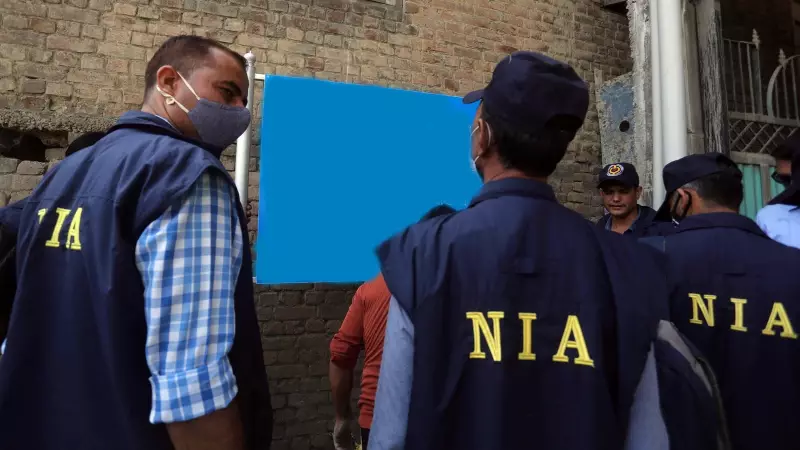
Major Anti-Trafficking Operation in Northeast India
The National Investigation Agency (NIA) in collaboration with Tripura Police executed coordinated raids in Unakoti district on Wednesday, marking a significant escalation in the fight against international human trafficking networks operating along the India-Bangladesh border. The operation specifically targeted individuals accused of creating fabricated identity documents for infiltrators linked to cross-border trafficking syndicates.
Targets and Evidence Collection
Law enforcement authorities identified two primary suspects in the operation: Paritosh Shil, 45, from Bhagyapur in Kailashahar, and Ranu Pal, 42, from the Nidebi area in Kumarghat. According to official statements, both individuals are suspected of operating as key facilitators for trafficking networks by producing counterfeit identification papers.
Paritosh Shil, who operates a local salon, revealed that NIA officials interrogated him for over three hours during the raid. Investigators seized his mobile phone and bank-related documents as potential evidence. The agency has summoned him to appear at their Ahmedabad, Gujarat office on November 20 for further questioning.
During the interrogation process, NIA officials showed Shil a photograph of an individual who had allegedly received at least 13 calls from his mobile number. Shil maintained that the person was unknown to him and suggested that his phone might have been used by someone else without his knowledge or consent.
Broader Context and Historical Enforcement
The NIA team had arrived in Tripura from Guwahati, Assam on Monday afternoon, indicating the planned nature of this operation. This latest action continues the agency's intensified campaign against human trafficking in the region. Between 2022 and November last year, the NIA arrested 25 individuals for their alleged involvement in human trafficking activities.
In a significant previous case from June last year, the agency chargesheeted eight people from Tripura in connection with smuggling Bangladeshi nationals and Rohingya refugees across the porous India-Bangladesh border. These arrests resulted from extensive raids conducted by central agencies along the 856-kilometer international border, which remains partially unfenced in several sections.
Human trafficking represents one of several major trans-border criminal enterprises plaguing the region. Other significant illegal activities include arms smuggling, drug trafficking, and the illegal movement of cattle and other livestock across the border.
While no arrests have been made in connection with Wednesday's raids thus far, the operation signals continued vigilance by Indian authorities against organized crime networks exploiting border vulnerabilities. The seizure of communication devices and financial documents suggests investigators are building a comprehensive case against the suspected trafficking facilitators.





